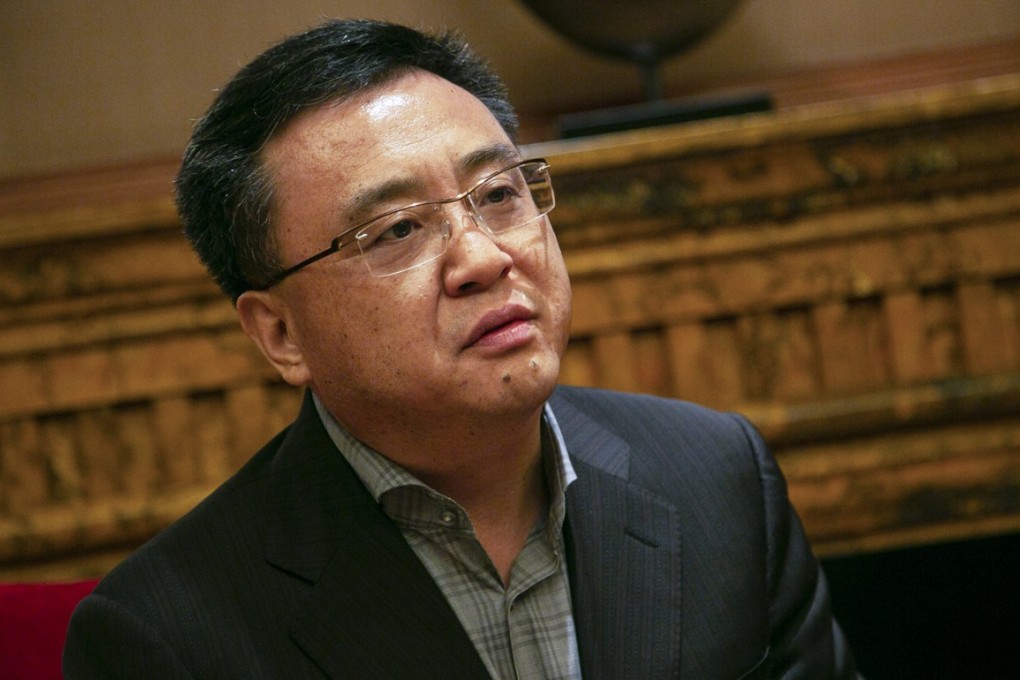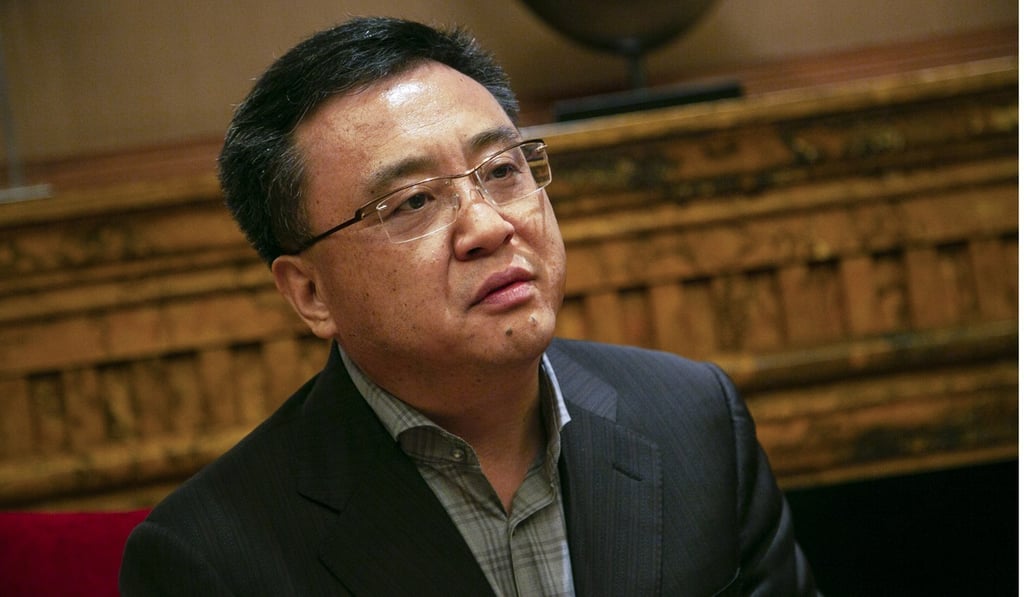Advertisement
“China’s Google” is becoming more like Microsoft
Why Baidu president Zhang Yaqin wants to tie everything to the cloud
Reading Time:2 minutes
Why you can trust SCMP
0

This article originally appeared on ABACUS
For decades, the name Microsoft has been synonymous with Windows. But in March this year, the company launched a massive overhaul -- placing the cloud at the forefront of its business.
For Zhang Yaqin though, the idea that the cloud holds the key to the future is nothing new. The Baidu president, who was Microsoft’s man in China before he jumped ship in 2014, has long championed the technology.
“We’ve been growing on the cloud since day one,” Zhang told the South China Morning Post in the southern Chinese city of Shenzhen. “Artificial intelligence is the core of [Baidu's] business… and the cloud is what’s supporting it.”

Tech giants in both the US and China are racing to build more powerful cloud platforms to support advancing AI technology. Baidu also believes the cloud has more potential than providing just basic computing power and storage.
AI successfully predicts show will be a hit before it airs
Zhang said one example is empowering self-driving or smart cars. Experts say AI-supported cloud systems can process a huge amount of navigation data in real time, such as traveling speed and nearby obstacles, to help make decisions like braking or switching lanes.
Advertisement